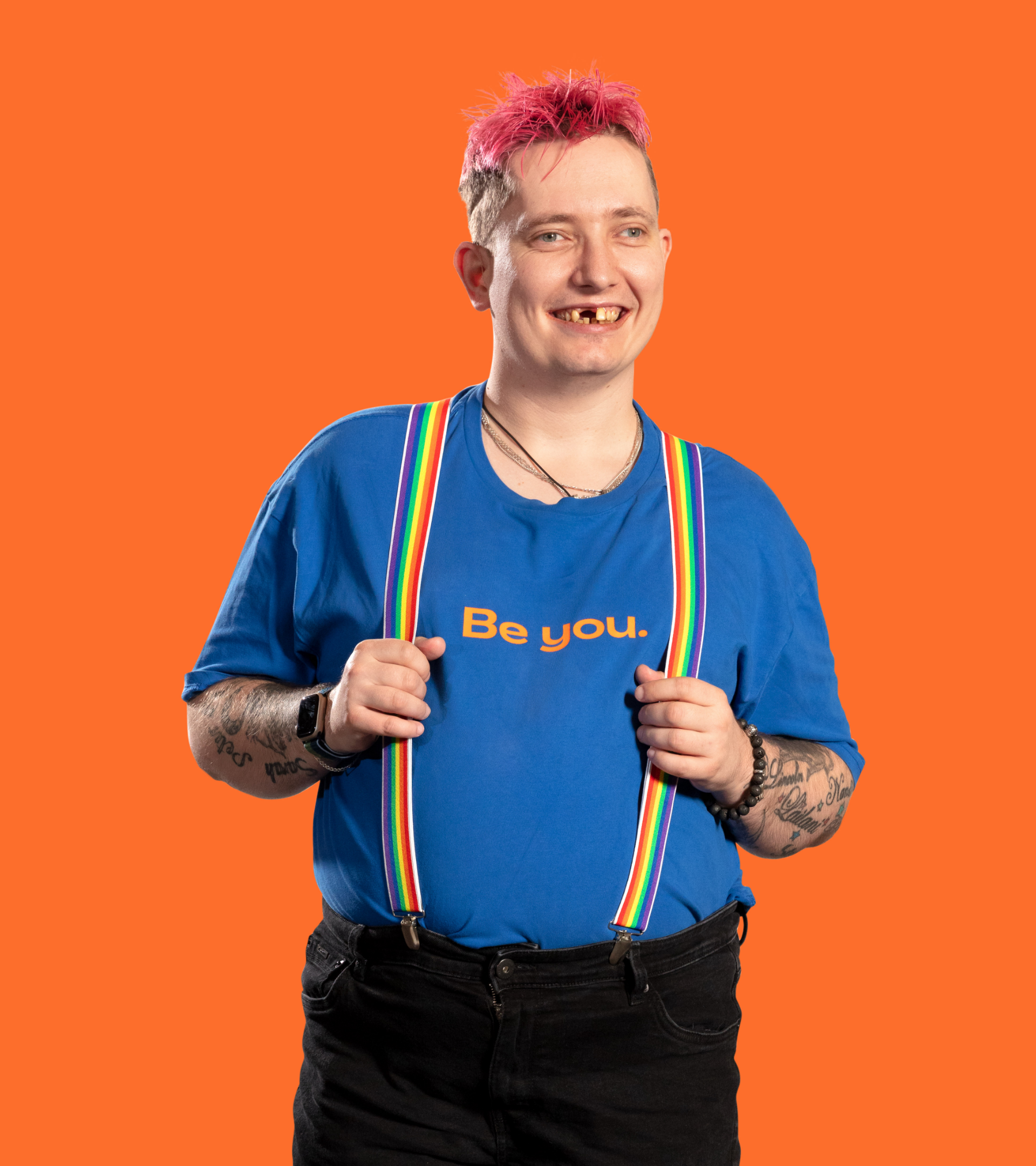If you’re new to the NDIS scheme you probably have a bunch of questions. You’re not alone! This is why we’ve pulled together this handy page to break down all the info you need to know.

The National Disability Insurance Scheme (NDIS) is a government initiative helping people with permanent or significant disabilities. This means you’ll be able to receive funding to pay for the care and support you need to live your life. Compared to the Disability Services Queensland (DSQ) funding, the NDIS gives you greater choice and control over the provider who will be providing your care, as well as how you want to be cared for.
You can use the funding for things like accommodation, employment, personal activities, and more. Of course, there’s certain criteria you’ll need to tick. If you’re eligible, a NDIS representative will meet with you to create a plan that considers things like how you manage everyday activities, your goals, and the support you need. This plan will also help you choose the right type of providers for your care needs.
For the latest eligibility criteria and application form, please visit the official NDIS site.
We’re a proud registered NDIS provider helping people with all kinds of abilities.
Great question! We provide personalised support for every journey, no matter where you are at – and you can pay for it using your NDIS funding. With us, you’ll be able to choose the care you want that aligns with your needs, interests and lifestyle. Together, we’ll make a plan to help you live your best life and touch base regularly to make sure you’re moving along nicely towards your goals (and most importantly, that everyone is happy).
FAQ
What is an NDIS plan?
What’s the difference between the NDIA and the NDIS?
How do I prepare for my NDIS planning meeting?
- your current living situation
- the kind of transport you use to get around
- your employment status
- your education
- your hobbies and interests.
The NDIS uses words like ‘reasonable’ and ‘necessary’ a lot. What does that mean?
- must be related to your disability
- must not include day-to-day living costs not related to your disability support needs, such as groceries
- should represent value for money
- must be likely to be effective and work for you, and
- should take into account support given to you by other government services, your family, carers, networks and the community.